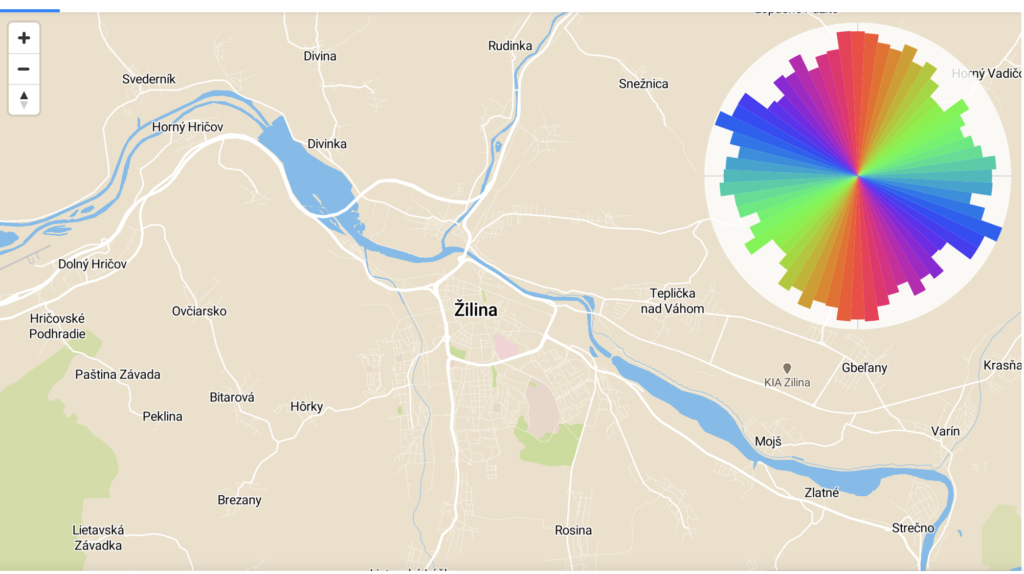But there’s a deeper reason, I’ve come to think, that so many people don’t have hobbies: We’re afraid of being bad at them. Or rather, we are intimidated by the expectation — itself a hallmark of our intensely public, performative age — that we must actually be skilled at what we do in our free time. Our “hobbies,” if that’s even the word for them anymore, have become too serious, too demanding, too much an occasion to become anxious about whether you are really the person you claim to be.
If you’re a jogger, it is no longer enough to cruise around the block; you’re training for the next marathon. If you’re a painter, you are no longer passing a pleasant afternoon, just you, your watercolors and your water lilies; you are trying to land a gallery show or at least garner a respectable social media following. When your identity is linked to your hobby — you’re a yogi, a surfer, a rock climber — you’d better be good at it, or else who are you?
platiť sa dá aj osobnými údajmi
Zajtra ráno prednášam informatikom o konečných stavových automatoch a Turingových strojich. Pri tej príležitosti…
It’s rare for a CS major to graduate without getting a healthy dose of NP-completeness and Turing machines, two beautiful areas of theory that would be enjoyable if they didn’t end up creating bad instincts. One biologist asked me to solve a problem in DNA sequence matching and I came back to him with the claim that it was NP-complete, a class of problems that can take a very long time to solve. He didn’t care. He needed to solve it anyway. And it turns out that most NP-complete problems are pretty easy to solve most of the time. There are just a few pathological instances that gum up our algorithms. But theoreticians are obsessed with the thin set that confound the simple algorithms, despite being rarely observed in everyday life.
The same problem happens with Turing machines. Dutiful CS students learn nihilistic results like Rice’s Theorem, which shows that we really can’t analyze computer algorithms at all. But Turing machines are a pretty bad model for how our regular machines operate and it’s often very easy to create software that does smart things with our code. Any CS major who doesn’t take these theoretical results with a healthy dose of salt risks giving up when a perfectly usable answer is close at hand.
Visualizing street orientations on an interactive map … tu sú niektoré svetové mestá a tu je Žilina:
improve in foreign languages by reading books in parallel

